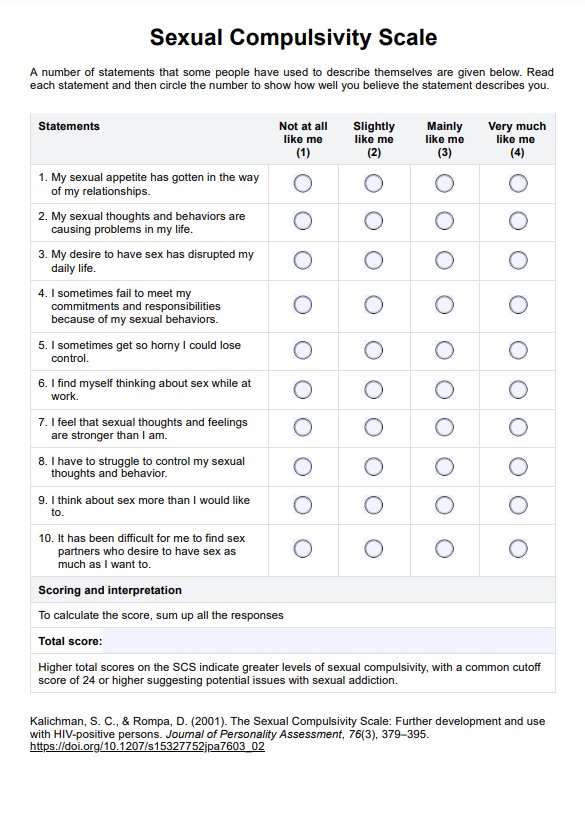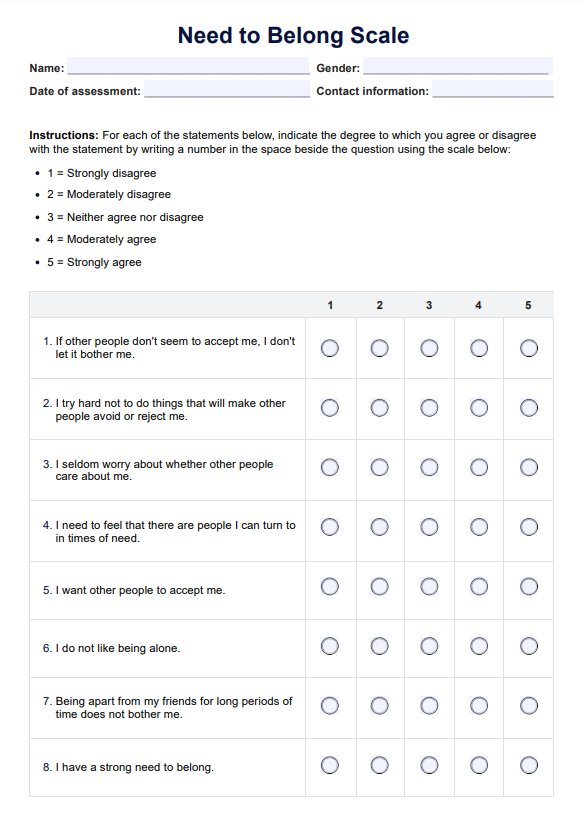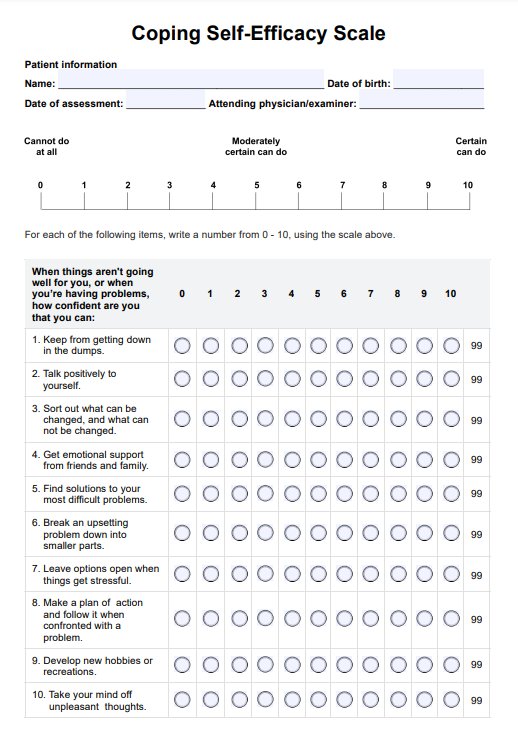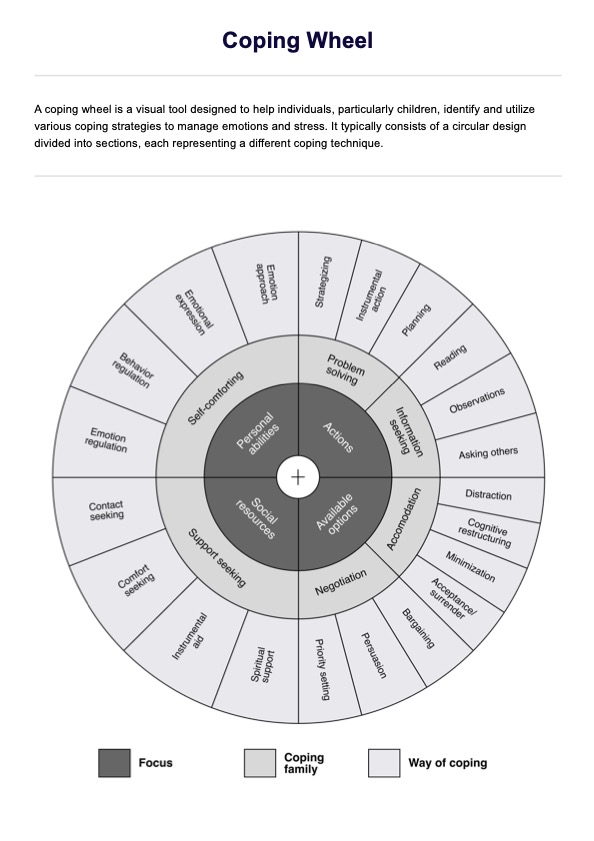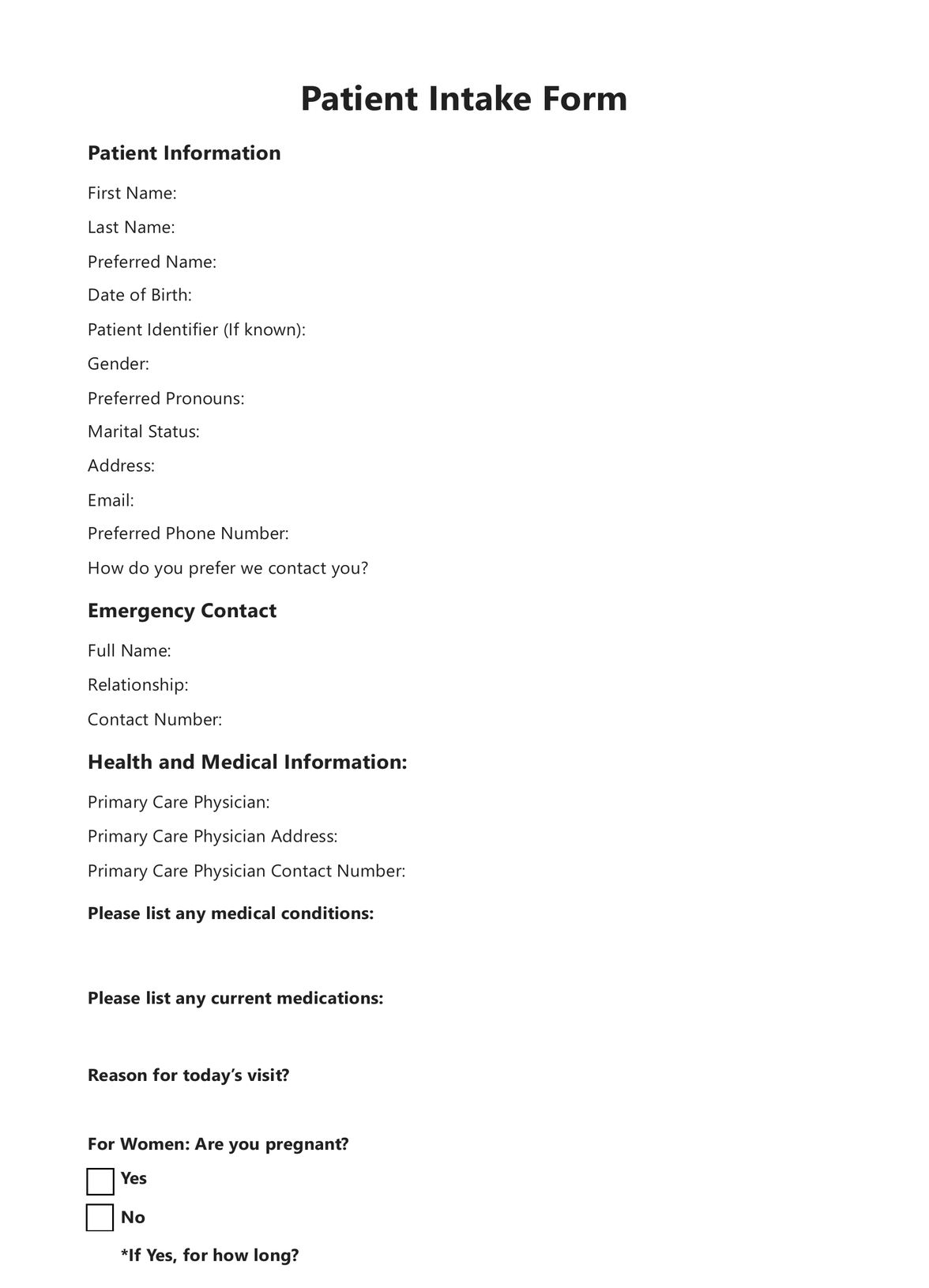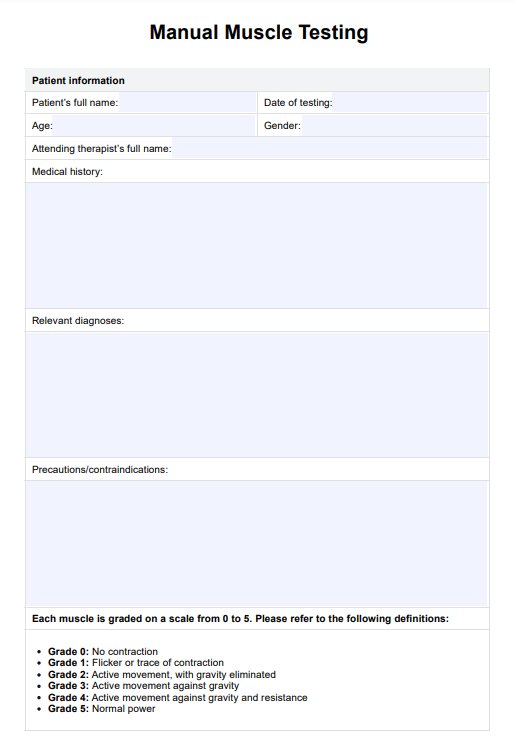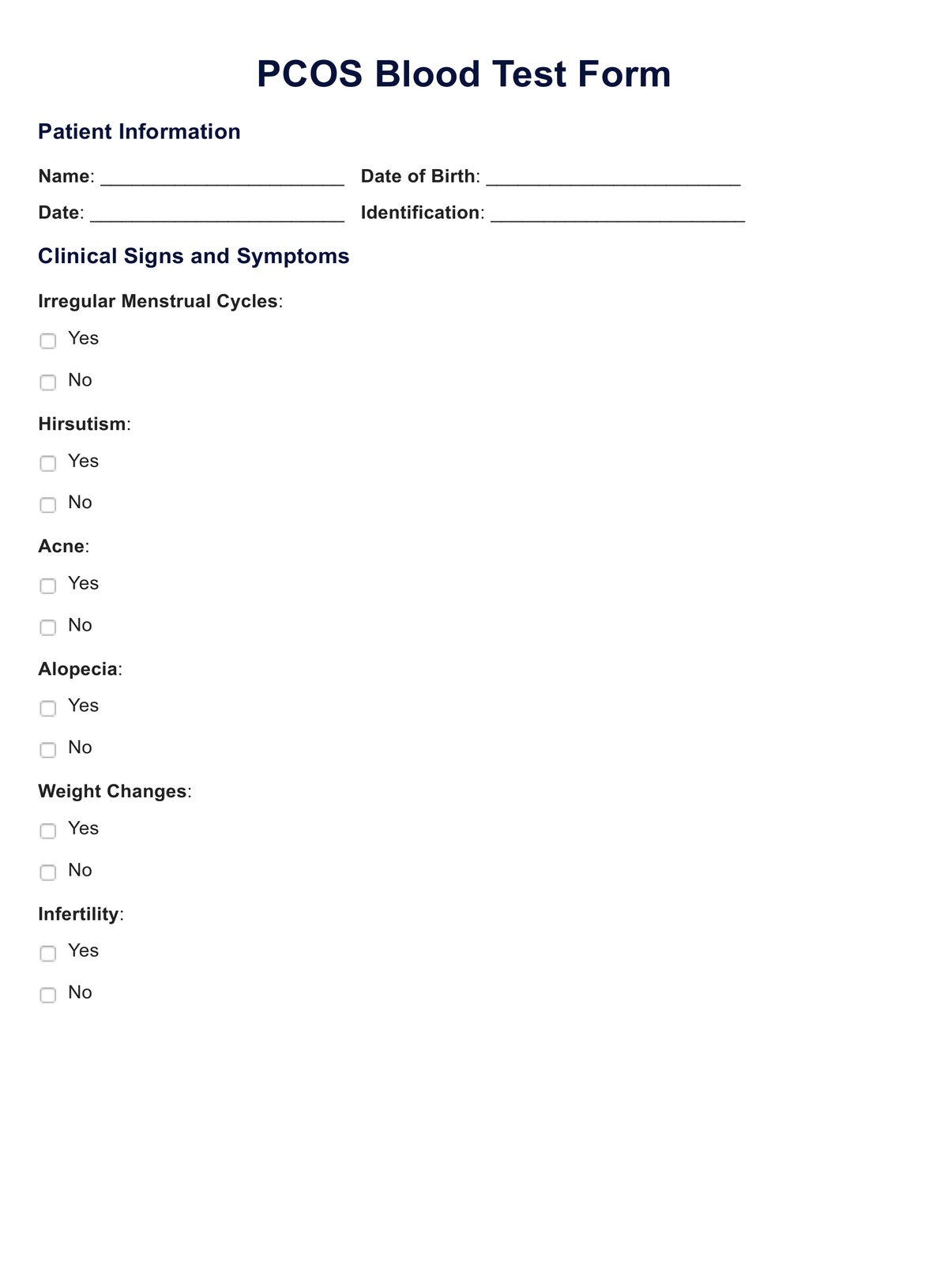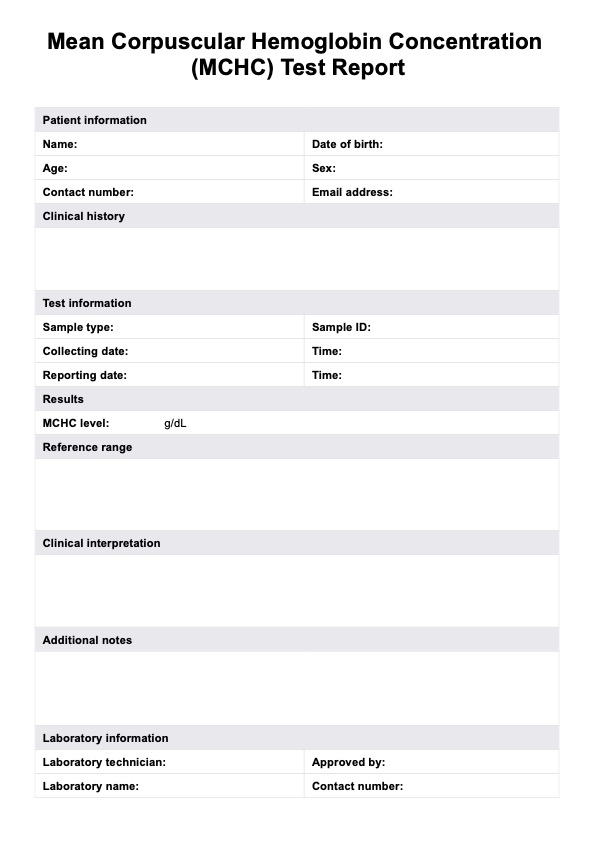Gastrointestinal Soft Diet Food List
Discover how the gastrointestinal soft diet helps manage digestive issues with soft, gentle foods designed for optimal healing.


What is a gastrointestinal soft diet?
A gastrointestinal soft diet is tailored for individuals with digestive issues or recovering from surgery. It includes soft foods that are easy to digest and low in fiber, such as cooked veggies, canned fruit, and well-cooked broccoli florets, to prevent irritation of the digestive tract. The diet aims to reduce symptoms like abdominal pain and nausea.
This soft food diet also includes nutritious foods like cottage cheese, smooth peanut butter, and cooked cereals, while avoiding irritants like spicy foods, seeds snack foods, fried foods, and raw vegetables. Patients are encouraged to eat frequent meals of healthy foods such as green beans, crackers breads, and chicken salad.
In modern practice, soft food diets also incorporate nutritional supplements, fruit juices, and options like smooth nut butters and frozen yogurt. However, in this diet, foods like chunky peanut butter, whole grains, wild rice, and greasy foods should be avoided to support healing and minimize discomfort. The mechanical soft diet, which includes finely chopped or mashed foods like canned vegetables and tomato sauce, is also often recommended for those with chewing difficulties.
Gastrointestinal Soft Diet Food List Template
Gastrointestinal Soft Diet Food List Example
How does our Gastrointestinal Soft Diet Food List work?
Our Gastrointestinal Soft Diet Food List simplifies managing dietary needs for individuals with digestive issues. This tool helps healthcare professionals select soft foods that are gentle on the digestive tract. Follow these steps to make the most of it:
Step 1: Download the template
Download the GI soft diet template in your preferred format, either for digital use or print. Ensure your software allows for easy edits and personalization.
Step 2: Personalize the diet plan with the list
Use the food list to tailor your client's soft food diet based on their individual needs. Categorize soft foods like well-cooked broccoli florets, canned fruit, and tuna salad while avoiding items like spicy foods, raw vegetables, and fried foods.
Step 3: Explain to clients
Walk clients through the list, explaining how it helps them choose nutritious foods like cottage cheese, smooth peanut butter, and soft cooked vegetables while avoiding triggers like chunky peanut butter and seeds snack foods.
Step 4: Plan meals
Use the template as a reference to plan frequent meals that adhere to the GI soft diet. Build balanced meals with options like cooked veggies, crackers breads, and fruit juices, and avoid irritants like whole grains or greasy foods.
Step 5: Monitor and adjust
Regularly monitor and adjust your client's diet based on the food list and their changing needs. Collaborate with other healthcare providers to ensure the soft food diet supports healing and minimizes abdominal pain.
Allowed foods and drinks
As mentioned, Gastrointestinal Soft Diet Food List focuses on soft foods that are easy on the digestive tract, helping to alleviate symptoms such as abdominal pain and promote healing. Below are the key food groups and drinks included in this soft food diet:
- Grains: Soft, cooked grains like plain pasta, brown rice, and cooked cereals (e.g., shredded wheat, wild rice). Crackers, breads and whole grain breads should be soft and without crusts, with cooked grains like mashed potatoes recommended for easier digestion. Individuals should also avoid high-fiber foods and tough meats, which can strain the digestive system.
- Proteins: Tender, well-cooked lean meats, chicken salad, and tuna salad provide good protein sources. Eggs, smooth peanut butter, and cottage cheese are also easy-to-digest protein options. Chunky peanut butter and fried foods should be avoided due to their tendency to irritate the digestive tract.
- Dairy products: Lactose-free milk, low-fat yogurt, and other gentle dairy products like frozen yogurt are recommended However, whole milk and high-fat options may cause discomfort and should be avoided for those sensitive to dairy.
- Fruits and vegetables: Soft-cooked vegetables like green beans, well-cooked broccoli florets, and canned vegetables are excellent choices. For fruits, individuals should opt for canned fruit, peeled ripe peaches, and fresh fruit like peeled apples. They should also avoid raw fruits and vegetables, especially raw vegetables like brussels sprouts, and dried fruits, as these are difficult to digest and can cause discomfort.
- Fats and oils: Limited amounts of olive oil or butter are recommended. Greasy foods like french fries that can worsen gastrointestinal symptoms should be avoided.
- Snack foods: Suitable snack ideas include crackers, smooth nut butters, and soft fruits like canned peaches or peeled apples. Dieters should avoid seeds snack foods and foods high in fiber.
- Drinks: Hydration is essential, so water and fruit juices without pulp are encouraged. Herbal teas and non-caffeinated beverages like lactose-free milk are gentle on the stomach, while carbonated beverages and spicy foods should be avoided. Additionally, Nutritional supplements can be included if dietary intake is insufficient.
Other considerations
- Cooked veggies, puréed foods, and options like soft cooked vegetables are central to the diet. Incorporating bland diet foods, such as mashed potatoes or soft crackers breads, supports digestive comfort.
- Avoid large meals and stick to small meals throughout the day to promote digestion and prevent discomfort. Foods like tomato sauce and tomato paste may need to be limited if they trigger symptoms.
- Soy sauce and heavily spiced foods should be used sparingly as they can irritate the stomach.
Foods and drinks to avoid
Adhering to a soft diet also includes a list of foods to avoid since these could irritate or burden the digestive tract. This means steering clear of foods that are high in fiber, tricky to chew, or contain irritants that could exacerbate digestive issues. Here's an overview of foods and drinks typically excluded from soft food diets:
- Whole grains and high-fiber foods: Brown rice, whole grain bread, and high-fiber cereals are too challenging to digest for soft foods.
- Raw fruits and vegetables: These can be challenging to chew and digest, hence the preference for soft-cooked vegetables and fruits without skins.
- Tough meats and fatty foods: Foods that are hard to chew or high in fat, such as steak, bacon, and fried foods, are off-limits.
- Nuts, seeds, and legumes: Their texture and fiber content make them unsuitable for a soft diet. Chunky peanut butter must also be avoided due to its thick and sticky consistency.
- Spicy foods and condiments: These can irritate the digestive system and should be excluded.
- Caffeinated and carbonated beverages: These include coffee, soda, and certain teas, which can stimulate the digestive system excessively.
- Alcoholic beverages: Alcohol can disrupt digestion and irritate the stomach lining.
Benefits of a gastrointestinal soft diet
Adopting a gastrointestinal soft diet offers several advantages for individuals recovering from gastrointestinal surgery or managing digestive issues. These are the key benefits:
Eases digestive discomfort
A soft food diet reduces strain on the digestive system by avoiding tough, hard-to-digest items like raw fruits and raw vegetables. Soft-cooked vegetables, canned fruit, and cooked cereals are gentler, promoting comfort and improving bowel movements.
Supports healing
Including soft food diets rich in nutritious foods like cottage cheese, chicken salad, and well-cooked broccoli florets helps minimize inflammation and irritation, promoting healing of the digestive tract.
Maintains nutritional balance
The GI soft diet incorporates a variety of healthy foods, from smooth peanut butter and plain pasta to lactose-free milk and tuna salad. This ensures adequate nutrition while avoiding irritants like fried foods, seeds snack foods, and greasy foods.
Prevents symptom flare-ups
By avoiding trigger foods such as spicy foods, carbonated beverages, dried fruits, and chunky peanut butter, patients can manage symptoms like abdominal pain and discomfort more effectively.
Promotes frequent, small meals
Encouraging small meals and frequent meals helps prevent overeating, which can strain the stomach. Soft cooked, easy-to-digest items like mashed potatoes, green beans, and crackers breads offer flexibility for meal planning.
Customizable for individual needs
The mechanical soft diet and options like puréed foods allow customization based on individual tolerance. Foods like wild rice, tomato sauce, and canned vegetables can be adjusted to meet specific dietary needs, as recommended by a healthcare provider.
Commonly asked questions
A gastrointestinal soft diet includes soft foods that are easy to digest, such as soft cooked vegetables, canned fruit, and cooked grains. It is often recommended for individuals recovering from gastrointestinal surgery or managing digestive conditions like Crohn's disease, gastritis, or ulcers, to minimize discomfort and promote healing.
Foods to avoid on a soft food diet include raw fruits and vegetables, seeds snack foods, chunky peanut butter, fried foods, and spicy foods. These can irritate the digestive tract and cause symptoms like bloating or abdominal pain.
Yes, a soft food diet can be rich in nutritious foods like cottage cheese, smooth peanut butter, tuna salad, and well-cooked broccoli florets. The goal is to provide balanced nutrition while avoiding foods that are hard to digest or cause irritation.

.jpg)
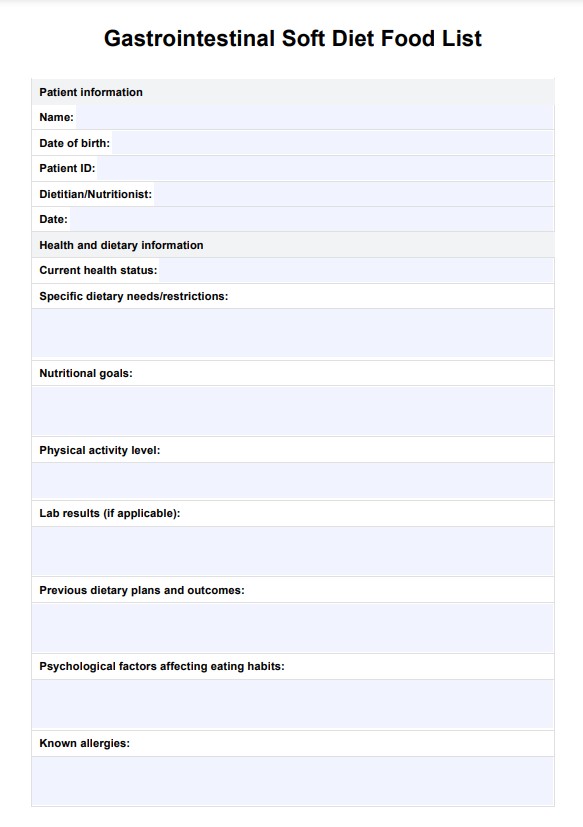
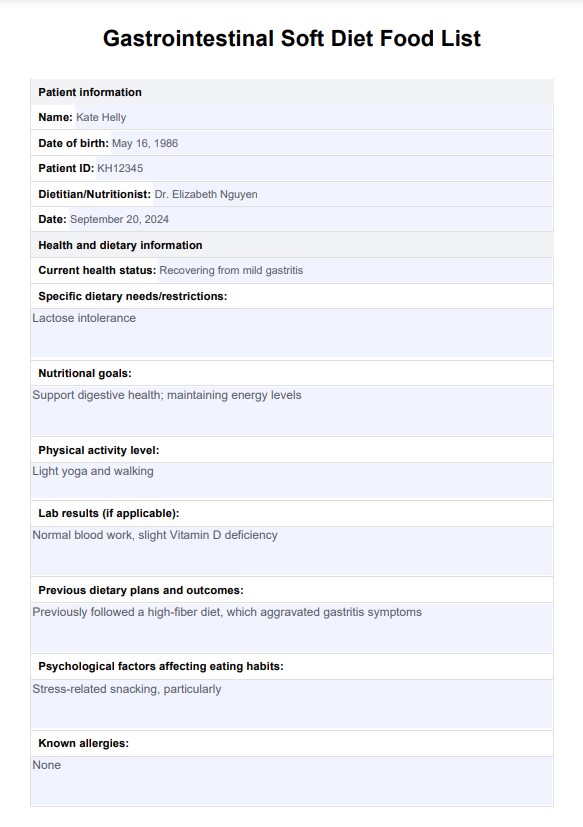

















-template.jpg)






































































